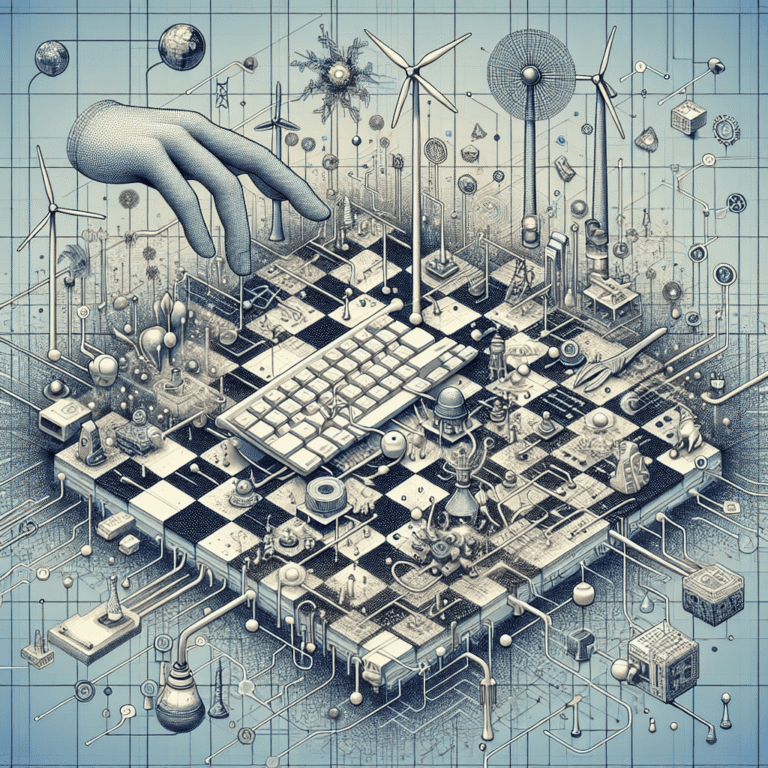Launched in November 2024, the SWE-Bench benchmark has quickly emerged as a focal point for rating Artificial Intelligence models’ coding prowess. It is frequently cited in model releases from major players like OpenAI, Anthropic, and Google, spurring fierce competition among developers seeking recognition. Despite its popularity, SWE-Bench’s effectiveness is increasingly questioned. Models are starting to ´game´ the system, raising concerns about whether such benchmarks genuinely indicate which Artificial Intelligence models are superior, or if they merely encourage optimization towards test-specific criteria rather than real-world performance.
Meanwhile, in Spain, a widespread grid blackout on April 28 affected not only Spain but also neighboring Portugal and France, disrupting daily life for millions with grounded flights, downed cell networks, and business closures. With renewable sources like wind and solar accounting for approximately 70% of electricity generation shortly before the outage, some observers speculated that over-reliance on renewables may have played a role. However, government officials cautioned against premature conclusions, stating that it is too early to pinpoint the cause. While a comprehensive investigation is underway, the incident has heightened the urgency to examine how renewables interact with national grid stability and future-proofing energy infrastructure.
The newsletter also recaps global technological developments: new US rules regarding chip curbs and international negotiations, escalating drone conflicts between India and Pakistan, and the US Federal Drug Administration’s interest in Artificial Intelligence for drug evaluation. Other highlights include Apple’s integration of Artificial Intelligence search features in Safari, the ongoing evolution of Artificial Intelligence chatbots led by companies like Meta, concerns about students’ dependence on services like ChatGPT, and advances in communication at remote locations such as Antarctica, facilitated by Starlink. The collection of stories reflects the accelerating influence of Artificial Intelligence and renewal technologies, along with the policy and societal adaptations they provoke.

